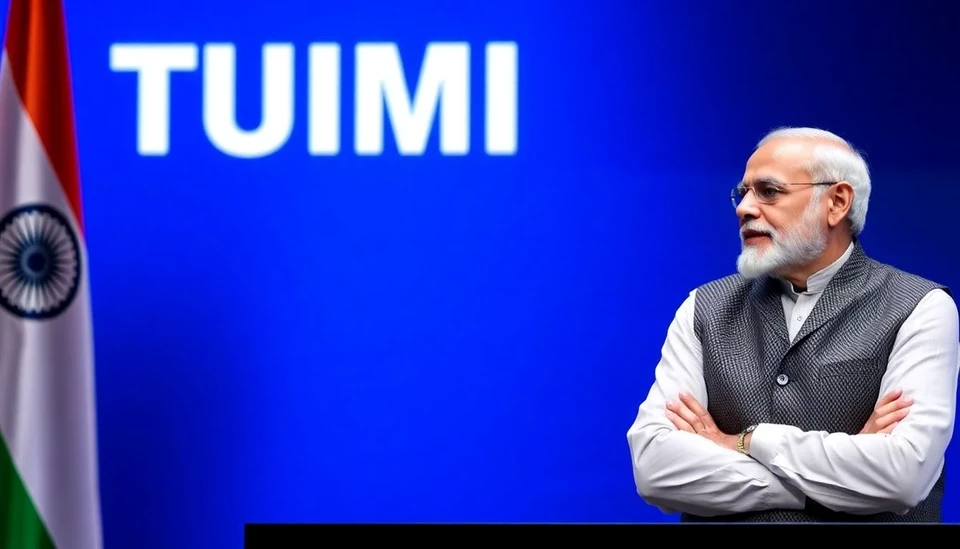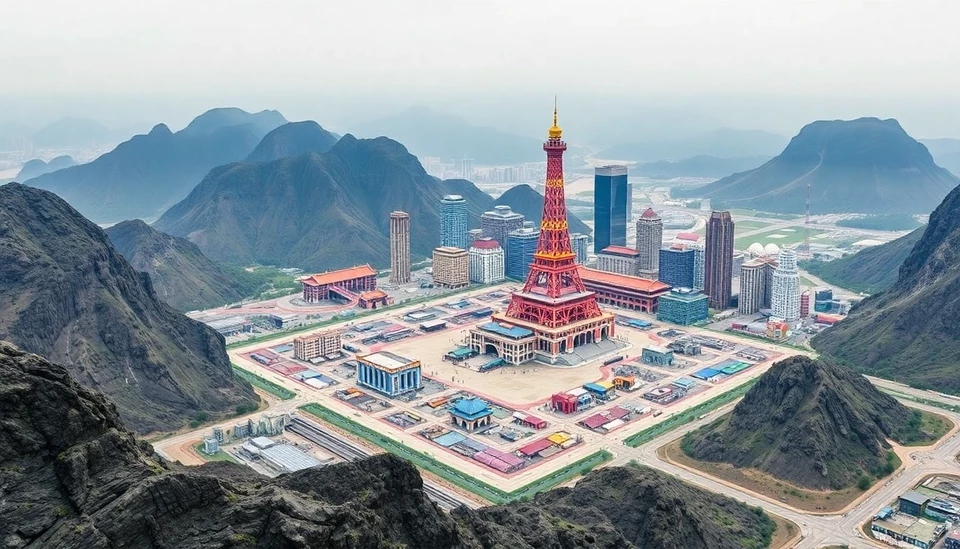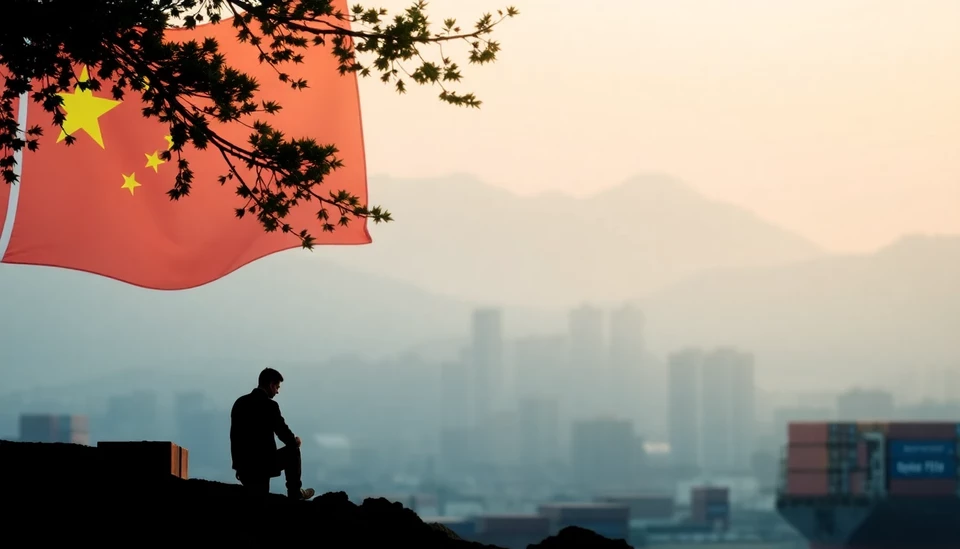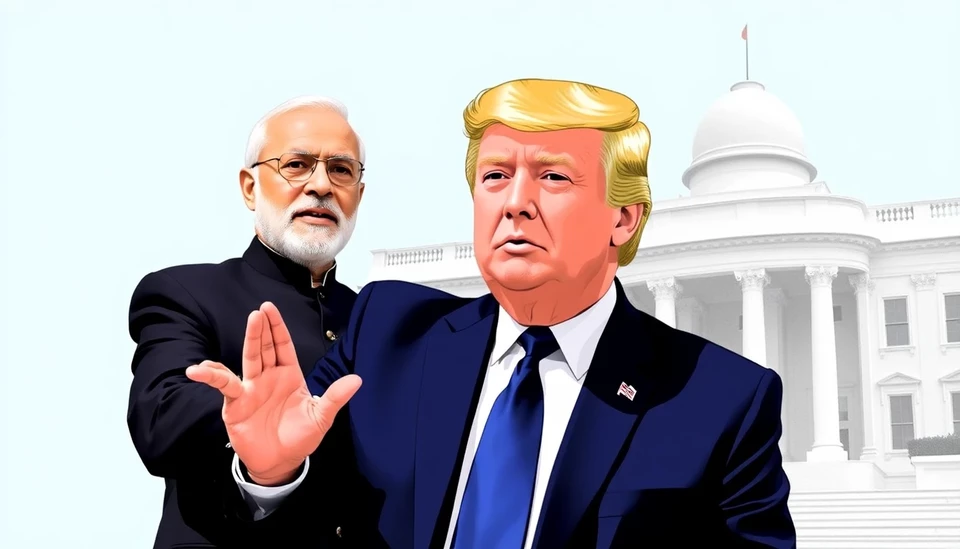
In a significant shift in trade policy, Indian Prime Minister Narendra Modi is contemplating strategies to counteract former U.S. President Donald Trump’s looming threats of trade tariffs and restrictions on imports. With the global economy facing uncertainties, Modi's government is evaluating the potential benefits of lowering tariffs and increasing the import of certain goods to stabilize India’s trade relations with the United States.
As negotiations intensify surrounding trade policies, Modi is under pressure to ensure that India remains competitive on the global stage, especially as Trump's administration had a pronounced impact on international trade relations during his presidency. The former president's inclination towards protectionist measures has left many nations, including India, reassessing their strategies in order to mitigate the risks posed by fluctuating trade policies.
Reports from within the Indian government suggest that Modi is keen to foster a more favorable trading environment that could aid in maintaining strong economic ties with the U.S. This includes a serious consideration of tariff reductions which could facilitate increased imports from the United States, helping to soothe tensions while potentially boosting domestic economic growth.
Many experts posit that increasing imports may foster a deeper economic integration between India and the United States, creating opportunities for businesses on both sides. However, this policy shift is not without its challenges. Many Indian industries and local producers might express concerns regarding the potential downsides of such imports affecting their market position and profitability.
Furthermore, Modi's administration is cautious about balancing domestic interests while navigating international trade dynamics. The government acknowledges the importance of securing favorable terms in trade agreements that can protect local industries while also addressing foreign trade partners’ concerns. It appears that Modi is striving to find a middle ground that will not alienate his support base while still responding effectively to international pressure.
As the dialogue continues, the Indian government remains focused on monitoring economic indicators and maintaining an ongoing assessment of the trade impacts. The discussions surrounding trade policies are expected to intensify leading up to future international summits where leaders seek to address trade regulations amidst the global economic landscape.
In conclusion, India’s response to Trump’s threats signals a careful recalibration of trade policies under Modi’s leadership. With a clear intention to enhance trade relations and mitigate risks, the coming months will be critical in shaping the future of India’s economic strategy in an increasingly unpredictable global market.
#Modi #TradePolicy #Tariffs #Imports #TrumpThreats #IndiaUSRelations #GlobalEconomy
Author: Daniel Foster




